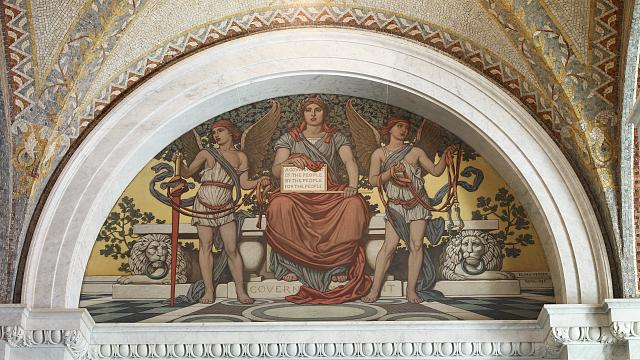Business
CONSCIOUSLY LIBERAL | On Monetary Policy for the People
|
In conjunction with low interest rates, the cash for trash program, or quantitative easing (QE), has led to inflation in asset prices, including housing. In exchange for toxic assets and treasury bonds, QE was supposed to flood banks with cash in order to encourage lending and thus stimulate growth. In the end, most of the cash was held in bank reserves. Banks were not ready to loan out money because interest rates were low (and still are), compounded with the insecurity of high private debt and stronger credit regulation. If Fed policymakers are trying to stimulate growth, propping up asset prices at pre-crisis levels seems contrary to basic thinking.
